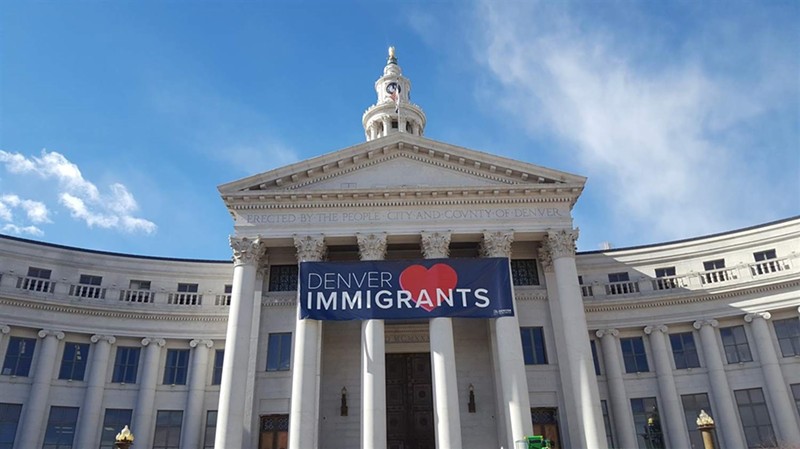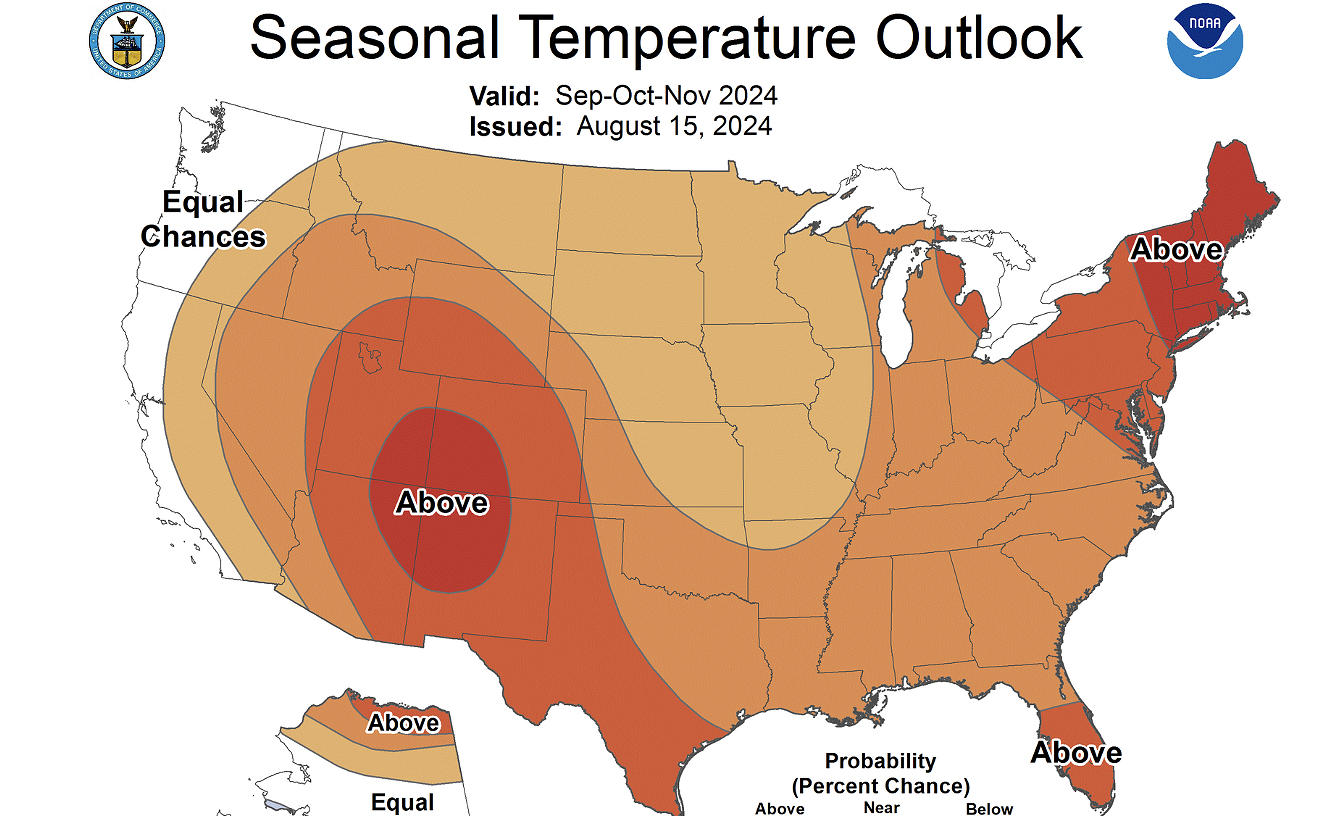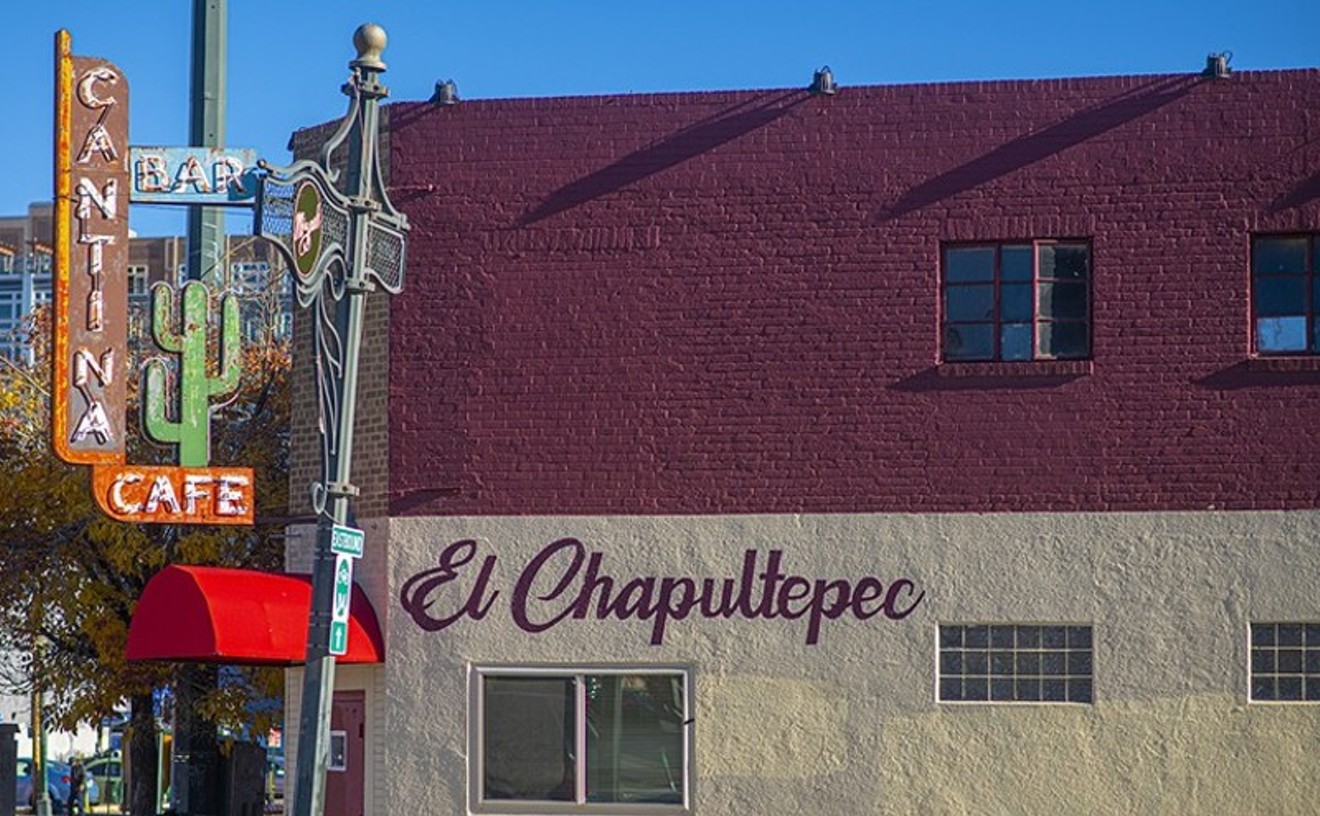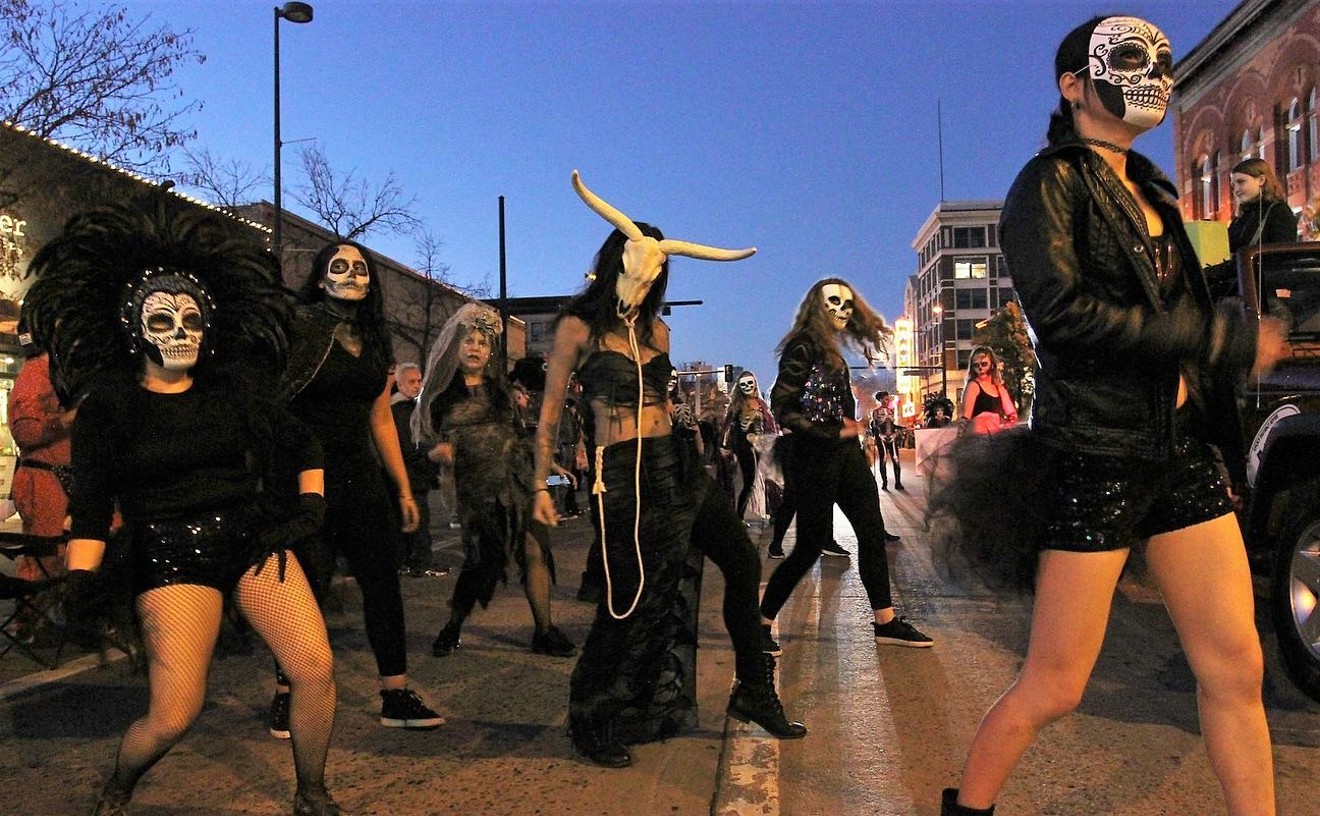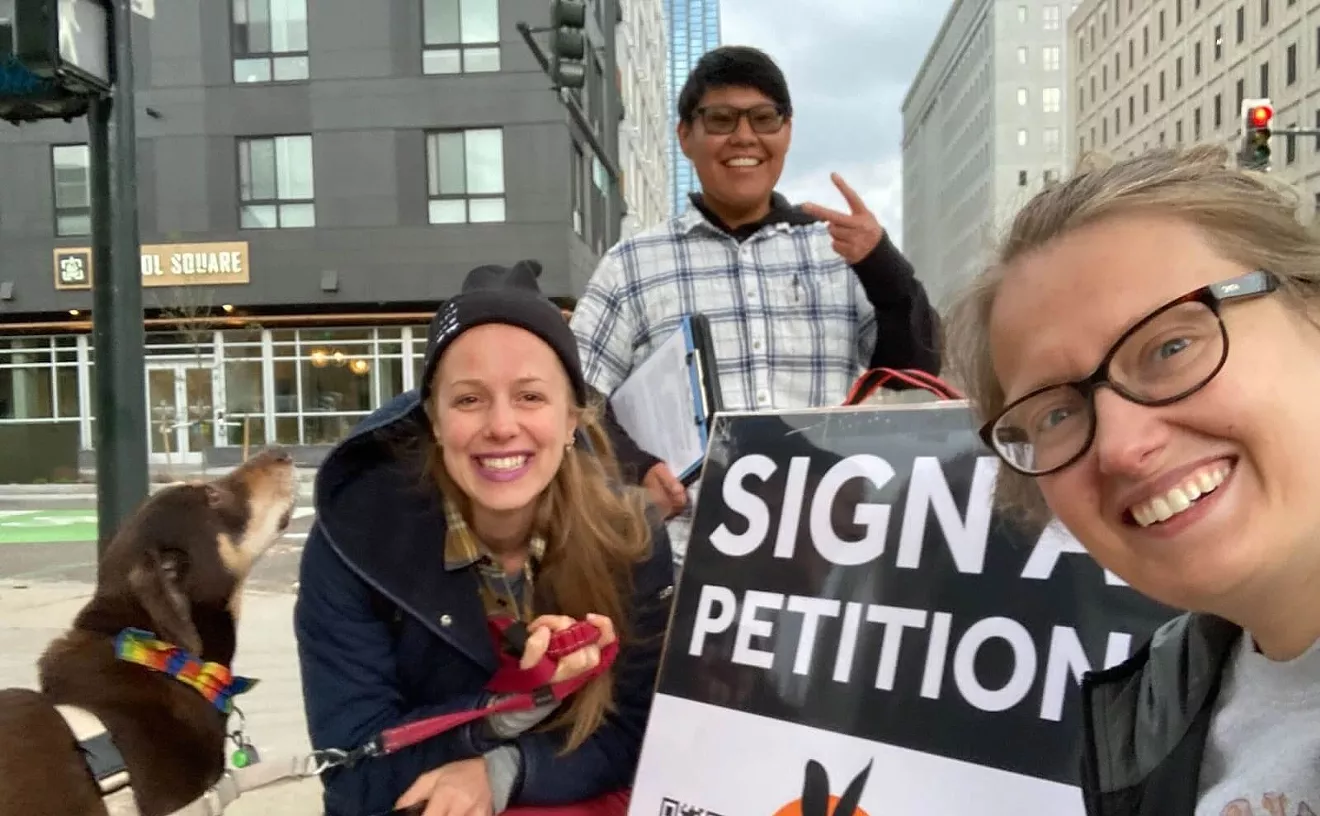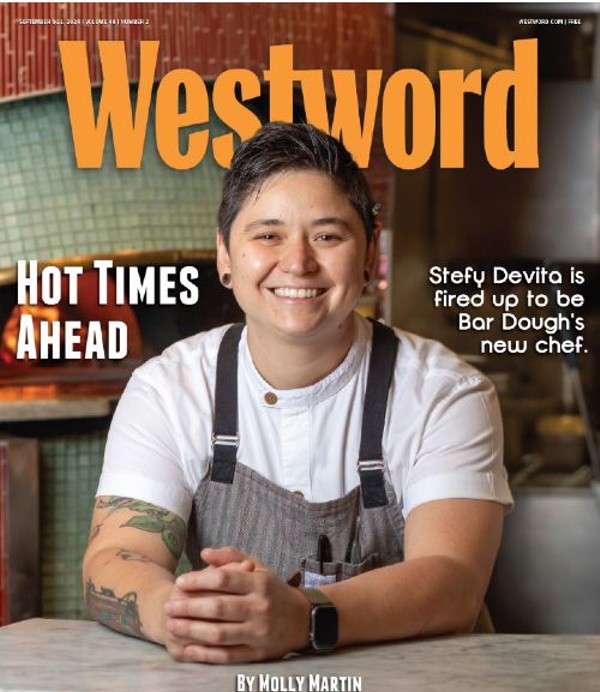DOIRA officials are looking for anyone who is proficient in English and one of more than a dozen listed languages, including Vietnamese, Amharic, Cantonese, Mandarin, Arabic, Russian, French, Burmese, Karen, Farsi, Somali, Nepali, Korean, Urdu, Haitian Creole, Khmer Armenian and Swahili, and are open to those who speak additional dialects, as well.
The department has partnered with Cesco Linguistic Services to provide an eighty hour course where students will learn, develop and hone skills on becoming a community interpreter.
With Denver welcoming more and more foreign-born residents — including refugees looking for help with local services — DOIRA is in high need of people who can facilitate language access for them. It plans to start training polyglots next month, with classes beginning on August 21 and running for about three weeks.
"The intention is to have community interpreters to respond to the needs of the community," says Heidi Rodriguez, spokesperson for the Denver Human Rights & Community Partnerships department. "We just want to be able to increase the number of interpreters out there, especially for languages that are not as commonly spoken or there's no interpreter for them, like Amharic and Arabic and Karen and Nepali and Russian."
Demand is greatest for Vietnamese interpreters, Rodriguez notes. However, Denver also suffers from a lack of interpreters for several other languages, including Karen — spoken by people from Burma and Thailand — and Nepali.In recent years, Denver has brought in refugees from Afghanistan and hosted migrants from South America, mainly Venezuela, which has boosted the city's need for interpretation services, Rodriguez notes.
The City of Denver is taking applications from people who can attend at least thirteen in-person classes during the week in August and early September. Those interested can apply online, with a registration deadline of August 10. Classes will take place from 9 a.m. to 4 p.m. on the days scheduled; meals will be served, and parents can bring their children and leave them with the city's on-site child-care staff.
"You don't have to live in the City and County of Denver to apply for this program," Rodriguez says. "We're offering this to whoever can apply and be part of these classes, because these are in-person classes again." Applicants will be asked to pass a proficiency test in both English and their target language.
"We're trying to incentivize the community members who speak these languages, making it easier for them to become interpreters," Rodriguez adds.
The City of Denver has a population of more than 700,000; over 100,000 of those residents were born in another country, according to U.S. Census data. As many as 56,000 Denver residents above the age of five speak English "less than very well," and as many as 260,000 Denver residents — or 37 percent of the population — need interpretation services, the data shows.
"This also helps them financially, too," Rodriguez points out, noting that the program pays interpreters to register as a small business and that city officials expect to draw from its pool of newly trained facilitators for any future contract work it needs done. "The city does contract out many services of interpretation, so that could be an option in the future. Many of these interpreters might be interested in affiliating with or providing services to what the city needs."
Graduates from the course receive several grants that will pay the cost to register as a small business with Colorado and the County and City of Denver. Last year, the cost of registering a business in Colorado dropped to $50, which is the same as in Denver.
In addition to helping residents communicate, the effort also takes that additional step of teaching people to become business owners through their newfound interpretation skills.
"For right now, the intention is to provide them with the platform for them to actually become professional community interpreters and then allow them to continue on with their career," Rodriguez says. "It's a great opportunity for anyone in the community who's ever thought, 'Maybe I could become an interpreter, maybe I could do this part time, maybe I could do this as a small business.'"
The city hopes the program will not only meet a need in the community, but also help the economy. "It puts more jobs out there," Rodriguez concludes. "It is a great opportunity to provide more interpreters in the community."

